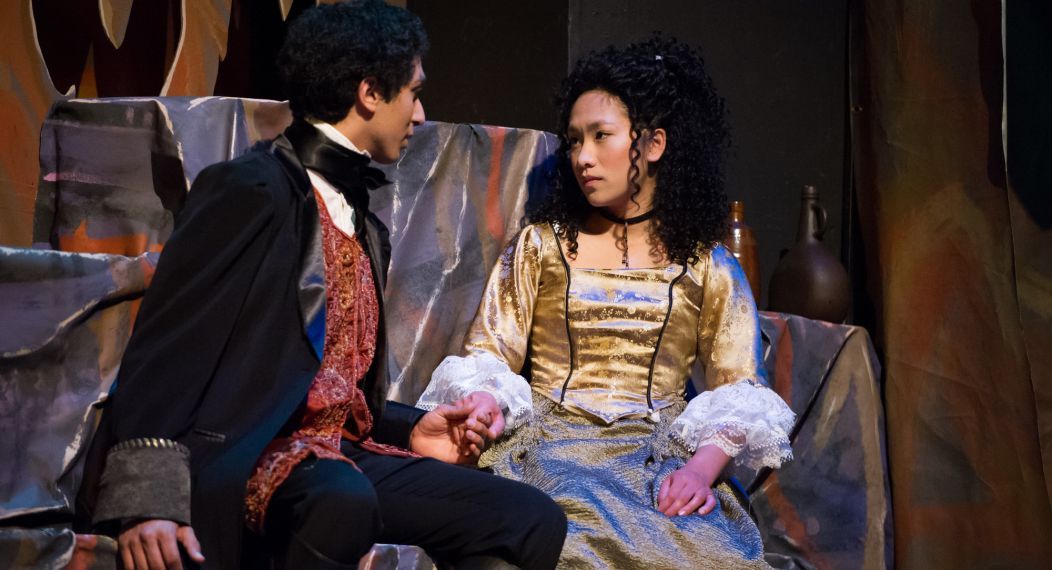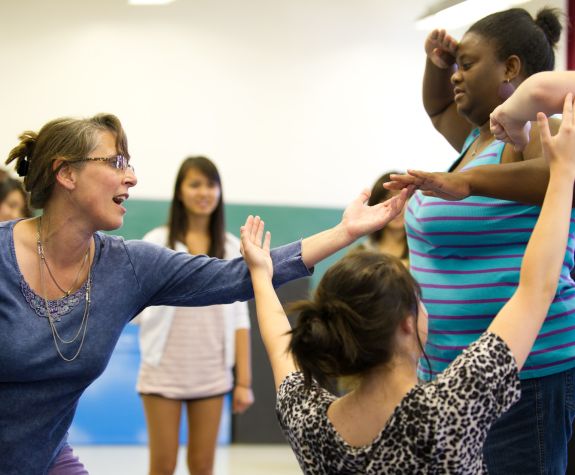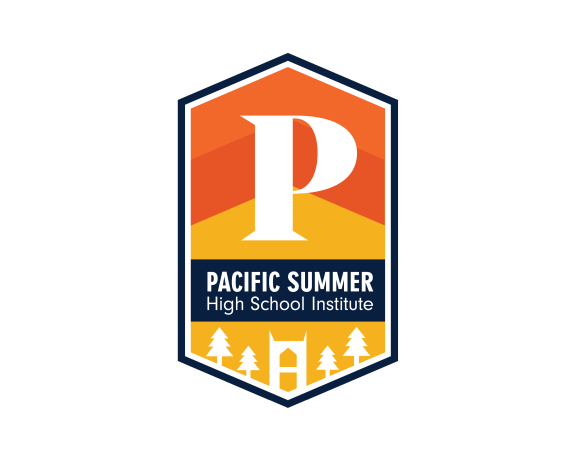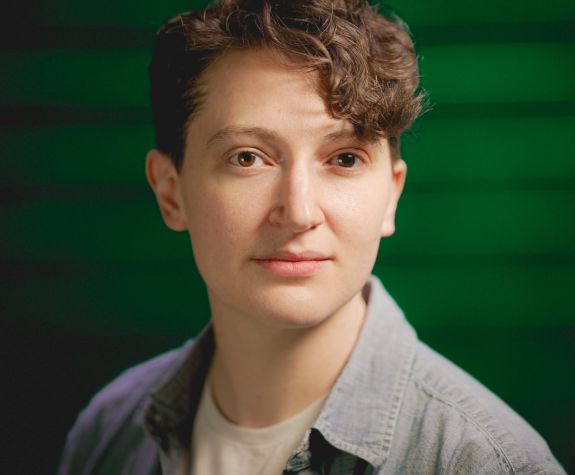Session 1
Acting for the Stage
Crafting Characters, Owning the Theatre Spotlight
Acting for the Stage introduces students to live performance. They explore core acting tools—voice, body, and imagination—to bring characters and stories to life. Students learn to create believable roles, connect emotionally in a scene, and collaborate onstage. Through movement and voice work, improvisation and short performances, they discover how focus, intention and bold choices engage an audience.
Acting is more than memorizing lines—it is understanding people and telling the truth onstage. This course pushes students to step beyond their comfort zones, take creative risks, and trust their instincts. Whether they plan to perform in plays and musicals or simply want more confidence speaking in public, students develop skills that carry far beyond the theater.







